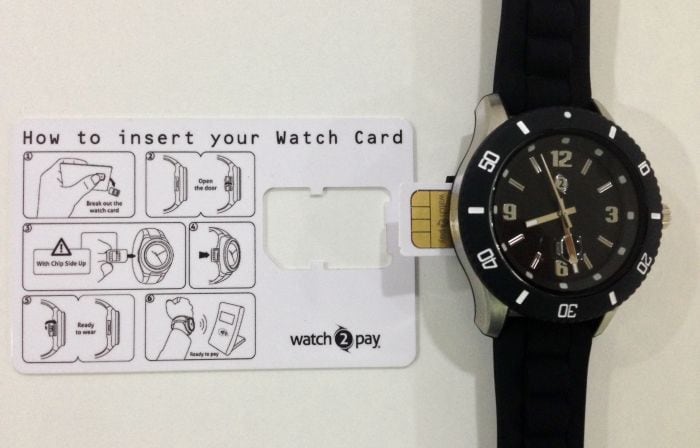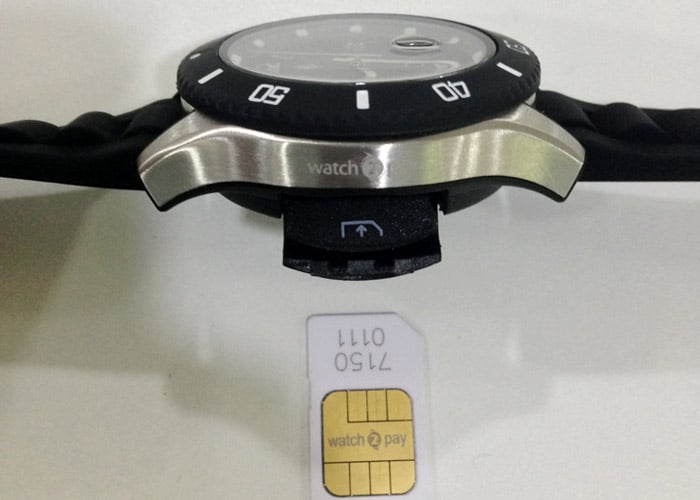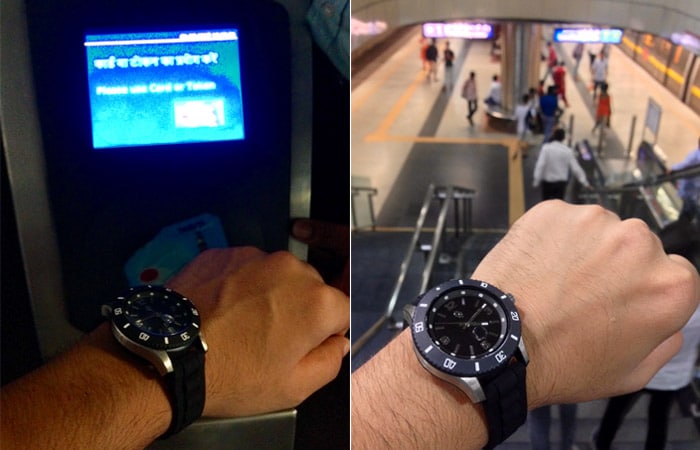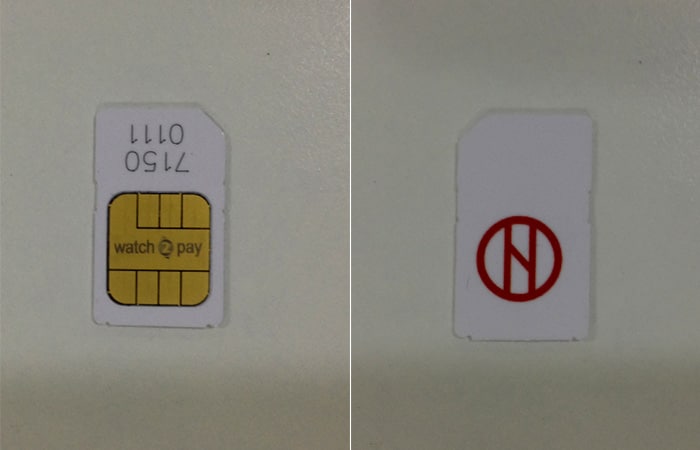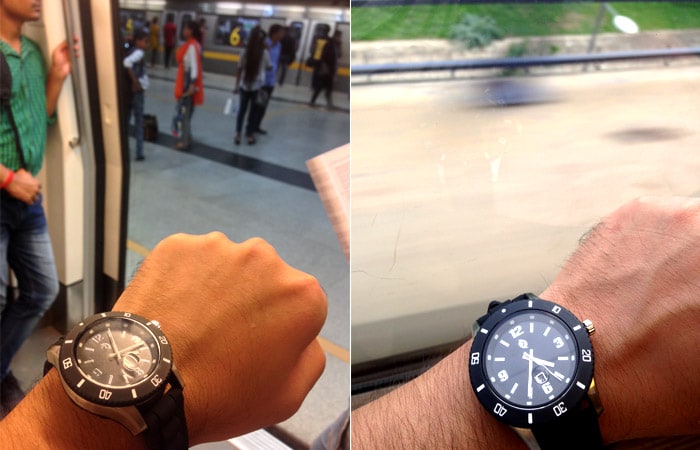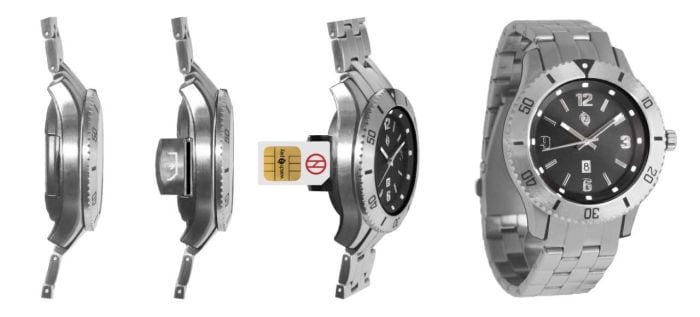In Pics: Smart Watch That Lets You Pay For A Delhi Metro Ride
Delhi Metro commuters can wear their smart cards on wrists as the Delhi Metro Rail Corporation (DMRC) tied up with the Austrian company LAKS to launch wrist watches with rechargeable smart cards. Along with the ease of use, this new technology will provide commuters a more convenient and fast access to the Delhi Metro network. It just saves the time spent queuing up and the hassle of fumbling for cash, cards or mobile phones.
................................ Advertisement ................................




